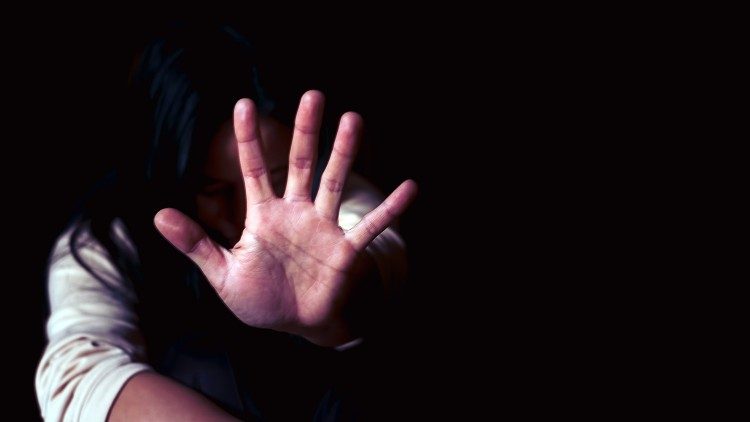Someone recently posted disturbing photographs of a young girl – she looked about 10 years old, whose bare back was a map of lacerations from the whipping she allegedly got from her employer for breaking a plate. That photo still haunts me. It looks like a still from a film about slaves. More recently, someone else shared photos of a really small girl, she could not be more than six years old who also worked as a domestic help and whose madam allegedly beat regularly. My stance on corporal punishment is known. That aside, how is anyone employing children to work for them?
And yet many are. Good men and women, often with children of their own employ other people’s small children to do the work they would not dream of asking their own children to do in addition to other ridiculous chores. I’ve seen a six and an eight year old being fed by another child because it was part of her duties to make sure her employer’s children ate before going to school. Their mother said if they weren’t spoon-fed as though they were babies, they’d “forget to eat” and she didn’t want her precious babies going to school on an empty stomach. And you can bet that the help wasn’t allowed to eat until her wards had eaten.
I have seen a child being asked to carry the water bottle for the children of her employers who were all – with the exception of an infant – bigger (and older and stronger) than her, so that she could give them water whenever they got thirsty during Enugu’s long church service. She never once sipped from the bottle, I am pretty sure she wasn’t allowed to. As if she couldn’t suffer from the same discomfort and thirst as the children under her care. SMH.
I hear often about how in Nigeria, we are each other’s support system. How, unlike in the West where people are so individualistic, we are each other’s keepers. Yet, in this our do-good society, adults are taking in young children (of the poor) and treating them like slaves. We have all heard stories of domestic helps not eating until everyone else has eaten; of not eating the same quality of food as the rest of the household eats (even when they have made the food themselves); of waking up before everyone to clean and fetch and cook before going to school, if they are fortunate enough to live with a family that sends them to school; of not being allowed to sleep on mattresses or in bedrooms. For some of these children, they work in return for board and lodging only. Neither they nor their parents get any other form of payment.
And they stay because they have very few options. For some families, it is the only way their children get fed or get sent to school. The cruel treatment the children are put through is the sacrifice their families expect them to endure for the end goal of a better life. The employers know this, and they treat these helps as expendable commodities because all they have to do is send word to their village that they are in need of “someone,” and another young child is sent to them, clutching a plastic bag of clothes and a fistful of dreams.
There is nothing wrong with employing help. I do. I have always been a strong advocate for outsourcing whatever frees one’s time to do what is important to them. However, there is everything wrong with employing minors to work for you. Get a grown up and pay them for their labour. If you want to help a poorer relative by taking in their children, then treat those children like you’d treat yours. It really is as simple as that. Do not clothe them in tattered clothes. Do not give them food you cannot imagine your children or your friends’ children or any of those you consider your equal eating. Do not have them sleep on kitchen floors or living room floors or in the verandah. Do not beat them and certainly do not beat them for minor infractions like breaking a plate or for being children and doing childish things. Protect them like you would protect yours.
But we know that protecting the Nigerian child, especially the one living away from home, isn’t very high on our priority list. We hear of children being beaten to death by teachers, being sexually abused by their employers, being punished in particularly cruel and disturbingly inventive ways. Nigeria adopted the Child’s Right Act in 2003 but only 25 of the country’s 36 states have domesticated the law. The remaining 11 Northern states, are still to do so. In any case, the 25 states that have adopted it appear to be paying it scant attention. Many of the child abuse cases I have heard of come from those states. Furthermore, Nigeria’s laws regarding child labour are unclear. Per Article 59 of the Labour Act, 12 is the minimum age of employment, but children of any age may do light work alongside a family member “in agriculture, horticulture, or domestic service.”
If the law won’t protect our children, it behoves us to do so, one child at a time. That house girl or houseboy you’re treating like toilet paper stuck to the sole of your shoe is someone’s child. You shouldn’t even be employing them in the first place. I am not appealing to us to do right by law, but rather to do right, period.




